Advertisement
In today's digital landscape, data privacy laws have become a pivotal concern for businesses worldwide. As regulations like the General Data Protection Regulation (GDPR) and the California Consumer Privacy Act (CCPA) take center stage, small businesses find themselves navigating a complex web of compliance requirements.
These laws are not just bureaucratic hurdles; they represent a shift towards greater consumer control over personal data. For small enterprises, understanding and adapting to these regulations is crucial—not only to avoid hefty fines but also to build trust with customers. This article explores the top eight ways global data privacy laws are impacting small businesses and offers guidance on how to navigate this evolving landscape.
Global data privacy laws are legal frameworks designed to protect individuals' personal information from misuse, unauthorized access, and exploitation. These regulations govern how businesses collect, store, share, and dispose of data. Their purpose is to give consumers more control over their personal information and hold organizations accountable for safeguarding it.
Some of the most influential global data privacy laws include:
Enforced in the European Union in 2018, GDPR is the most comprehensive data protection law globally. It applies to any business, regardless of location, that processes the data of EU citizens.
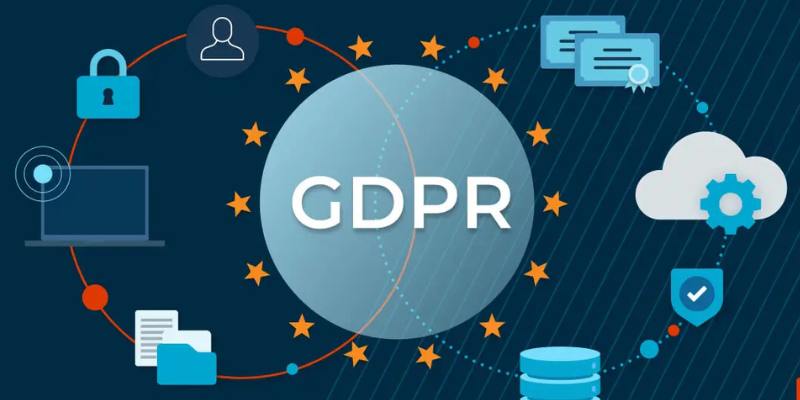
Similar to GDPR, it governs the use of personal data in Brazil and affects companies doing business with Brazilian customers.
This law enforces strict rules regarding the collection and processing of personal information.
Enacted in 2020, this U.S. state law gives California residents the right to know what data businesses collect and request their deletion.
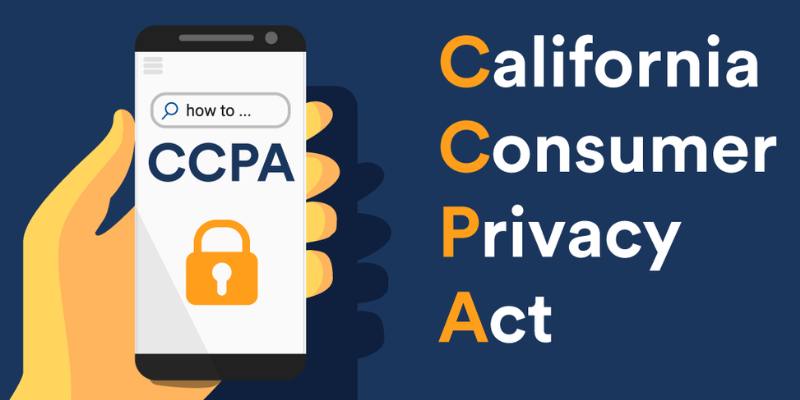
Let's explore the eight most significant ways these laws impact small businesses today.
Small businesses often operate with limited resources, making the financial burden of compliance particularly challenging. Implementing necessary changes, such as updating privacy policies, investing in secure data storage solutions, and training staff, can put a strain on budgets. For instance, initial compliance with the CCPA is estimated to cost businesses with 50 or fewer employees approximately $50,000, while those with 100–500 employees may face costs of up to $450,000.
The absence of a unified federal data privacy law in countries like the United States means small businesses must contend with a mosaic of state-specific regulations. This patchwork approach complicates compliance efforts, as companies must tailor their practices to meet varying standards. Without a national standard, U.S. small businesses could pay upwards of $20–23 billion annually trying to comply with diverse state laws.
Non-compliance with data privacy laws can result in significant fines, which can be devastating for small businesses. Under the GDPR, penalties can reach up to 4% of a company's global annual turnover or €20 million, whichever is higher. Similarly, the CCPA imposes fines of up to $7,500 per violation, meaning a single breach affecting 50,000 consumers could result in a fine of up to $375 million.
Complying with data privacy laws often necessitates significant changes to business operations. Small businesses may need to conduct data protection assessments, particularly when processing high-risk data, as mandated by regulations such as New Jersey's data privacy legislation. These assessments help identify potential risks and implement measures to mitigate them, ensuring consumer data is handled responsibly.
While compliance can be challenging, it also offers an opportunity to build trust with consumers. By demonstrating a commitment to data privacy, small businesses can differentiate themselves in a crowded market. Transparent data practices and respect for consumer rights can enhance brand reputation and foster customer loyalty.
Data privacy laws emphasize the principles of data minimization and purpose limitation, requiring businesses to collect only the data necessary for specific purposes. This shift compels small companies to reevaluate their data collection practices, ensuring they align with legal requirements and ethical standards.
Regulations like the GDPR require businesses to maintain detailed records of their data processing activities. Small companies must document how they collect, use, and protect personal data, as well as their procedures for responding to data breaches. This increased accountability necessitates robust data management systems and clear internal policies.
For small businesses operating internationally, transferring data across borders introduces additional complexities. Data privacy laws often have specific requirements for cross-border data transfers, such as ensuring adequate levels of data protection in the recipient country. Navigating these requirements can be daunting, necessitating the expertise of a lawyer and careful planning.
Beyond the significant impacts discussed above, small businesses also face several other compliance challenges worth noting:
The evolving landscape of global data privacy laws presents both challenges and opportunities for small businesses. While compliance demands can be resource-intensive, they also encourage businesses to adopt best practices in data management, ultimately enhancing consumer trust and operational efficiency. By proactively addressing data privacy concerns, small businesses can not only avoid legal pitfalls but also position themselves as trustworthy stewards of customer information.
Staying informed about regulatory changes and investing in compliance measures are essential steps toward sustainable growth in the digital age. Take action today to ensure your business thrives in a world where data privacy is paramount and your reputation is built on trust and transparency.
Advertisement
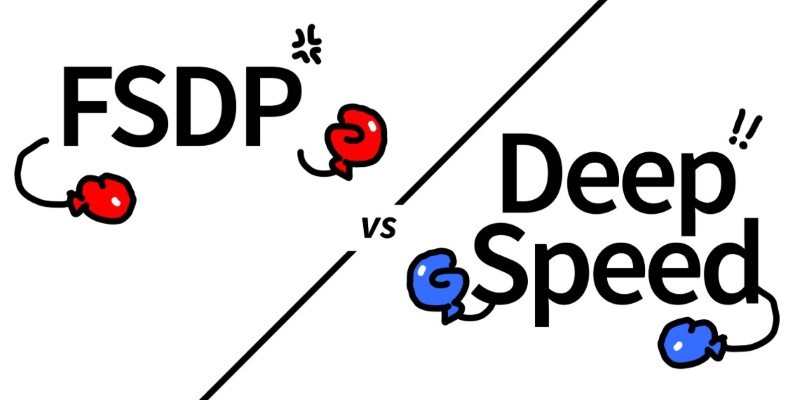
How Hugging Face Accelerate works with FSDP and DeepSpeed to streamline large-scale model training. Learn the differences, strengths, and real-world use cases of each backend

SmolVLM2 brings efficient video understanding to every device by combining lightweight architecture with strong multimodal capabilities. Discover how this compact model runs real-time video tasks on mobile and edge systems

Artificial intelligence accurately predicted the Philadelphia Eagles’ Super Bowl victory while a quantum-enhanced large language model launched, showcasing AI’s growing impact in sports and technology
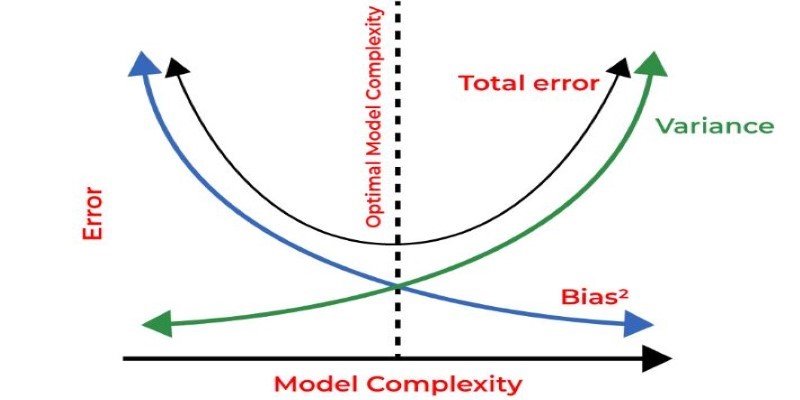
How regularization in machine learning helps prevent overfitting and improves model generalization. Explore techniques like L1, L2, and Elastic Net explained in clear, simple terms

Explore the top 11 generative AI startups making waves in 2025. From language models and code assistants to 3D tools and brand-safe content, these companies are changing how we create

If you want to assure long-term stability and need a cost-effective solution, then think of building your own GenAI applications

How the EV charging industry is leveraging AI to optimize smart meter data, predict demand, enhance efficiency, and support a smarter, more sustainable energy grid

Thinking about upgrading to ChatGPT Plus? Here's an in-depth look at what the subscription offers, how it compares to the free version, and whether it's worth paying for

Learn about landmark legal cases shaping AI copyright laws around training data and generated content.

How AI is shaping the 2025 Masters Tournament with IBM’s enhanced features and how Meta’s Llama 4 models are redefining open-source innovation

Learn how to use ChatGPT for customer service to improve efficiency, handle FAQs, and deliver 24/7 support at scale
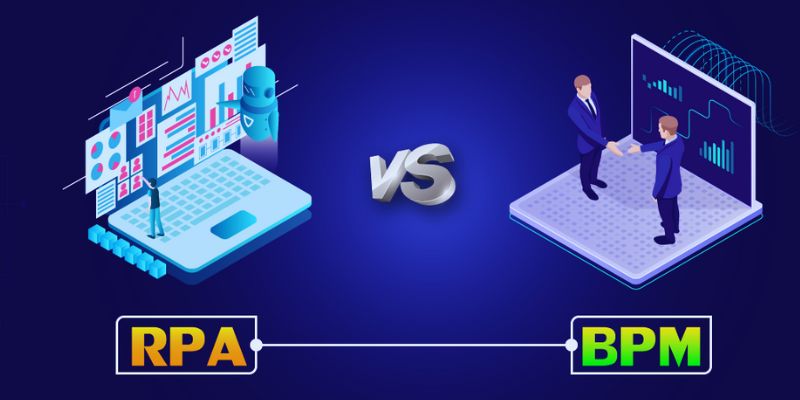
Learn key differences between RPA and BPM to enhance workflow automation strategy and boost enterprise process efficiency